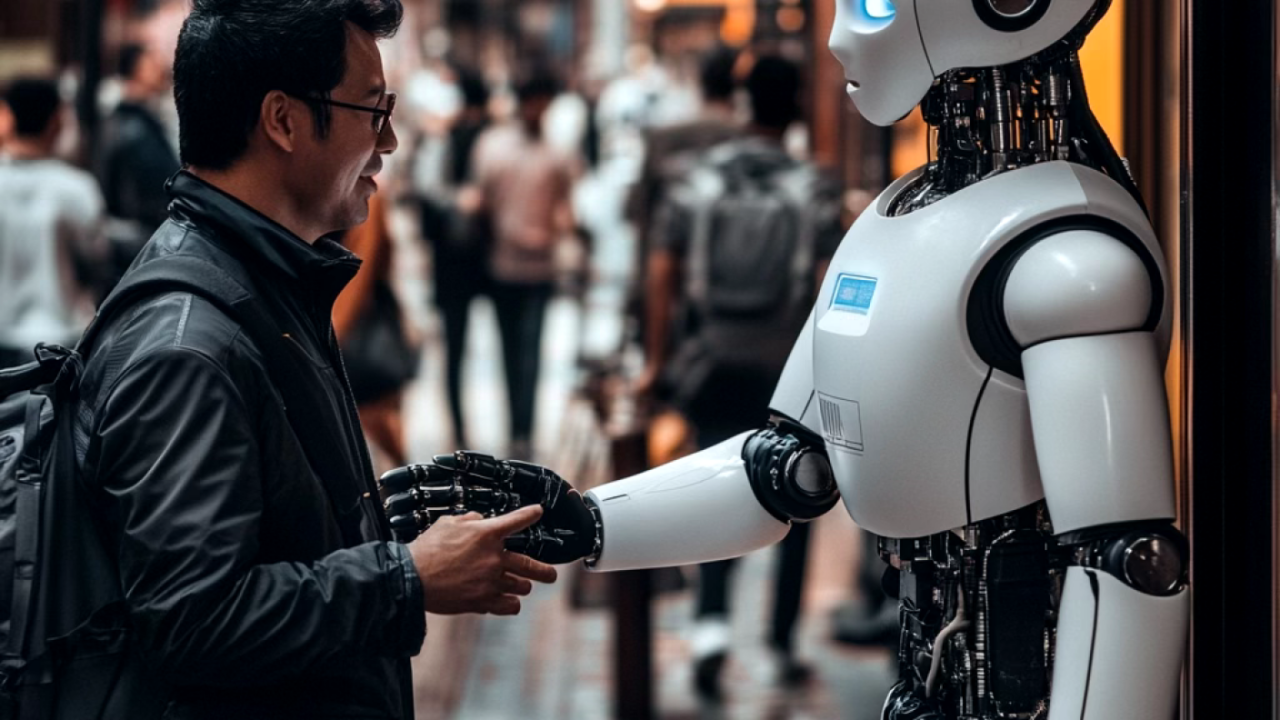Automating News and Ethical Considerations By Stanislav Kondrashov
The integration of artificial intelligence in journalism is transforming the media landscape. With the ability to analyze data, generate news stories, and even predict trends, AI is reshaping how news is produced and consumed. This technological advancement offers unprecedented speed and efficiency, allowing journalists to focus on more in-depth reporting. However, as AI takes on a more significant role, it raises important ethical questions about accuracy, bias, and the potential loss of human touch in news reporting.

The Role of AI in News Production
AI has been employed to streamline news production in various ways. From automating routine news reports such as sports scores and financial updates to summarizing complex data sets, AI-driven tools are making it easier to process and disseminate information rapidly. This not only saves time but also allows media outlets to cover a broader range of topics. Additionally, AI algorithms are being used to monitor social media and detect breaking news trends, enabling journalists to respond faster to emerging stories.
Enhancing News Accuracy and Personalization
One of the significant benefits of AI in journalism is its potential to enhance the accuracy of reporting. By fact-checking information in real-time and analyzing large datasets for patterns, AI can help ensure that news stories are grounded in verified information. Moreover, AI is being used to personalize news delivery, tailoring content to individual preferences. This approach increases reader engagement and helps audiences find stories that are most relevant to them.

Ethical Concerns and Challenges
Despite its advantages, the use of AI in journalism presents several ethical challenges. The reliance on algorithms raises concerns about bias, as AI systems may reflect the prejudices present in the data they are trained on. This can lead to skewed news coverage and the reinforcement of stereotypes. Furthermore, the automation of news production could result in job losses for journalists, changing the nature of the profession and potentially reducing the diversity of voices in the media.
Preserving Human Oversight
While AI can significantly aid journalists, preserving human oversight is crucial. Editorial judgment, ethical considerations, and context are aspects that AI cannot fully replicate. Ensuring that humans remain involved in the editorial process helps maintain the integrity and quality of journalism. As AI continues to evolve, it’s essential to strike a balance between leveraging technology for efficiency and safeguarding the human elements that define journalism.

The Future of AI in Journalism
Looking forward, the role of AI in journalism will likely expand. Innovations in natural language processing and machine learning could lead to more sophisticated news generation and even interactive news experiences. However, it is vital for media organizations to establish clear guidelines and ethical standards to navigate this evolving landscape responsibly.
AI is poised to revolutionize journalism, offering new possibilities for news production and delivery. While this technology can enhance efficiency and accuracy, it also poses ethical challenges that must be addressed. By striking a balance between automation and human oversight, the future of journalism can be both technologically advanced and ethically sound.
By Stanislav Kondrashov



